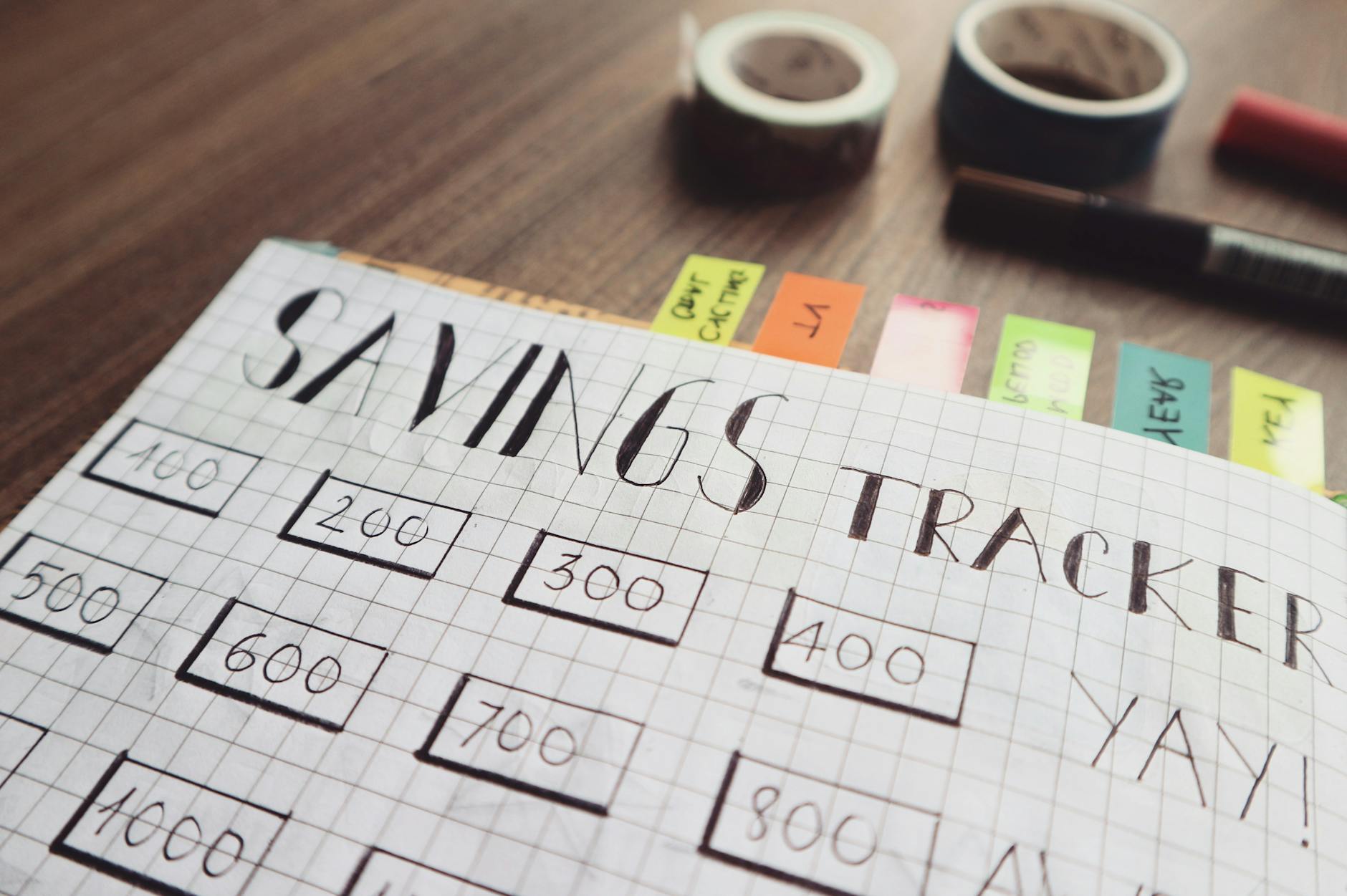What is habit tracker?
What is Habit Tracker?
In a world where our daily lives can feel overwhelming, a habit tracker can be an invaluable tool for personal development. It helps you keep tabs on the habits you want to build or break, providing a structured way to visualize your progress. But what exactly is a habit tracker, and how can it transform your approach to goal setting? Let’s dive deeper.
Understanding Habit Trackers
At its core, a habit tracker is a simple yet effective tool designed to monitor your daily habits. Whether you’re trying to establish a new routine or ditch an undesirable habit, tracking your progress can significantly enhance your chances of success.
What is a Habit Tracker?
A habit tracker can take various forms, from a physical notebook to digital applications. The primary function remains the same: it serves as a record of your daily habits. You can jot down habits like exercising, reading, or meditating, and mark off each day you complete them. This visual representation not only helps you maintain consistency but also builds a sense of accomplishment. For a comprehensive guide on habit trackers, James Clear offers great insights here.
How Habit Trackers Work
Habit trackers work by creating a structure for your goals. You start with a list of habits you want to track, and then each day, you mark down whether you completed those habits. Over time, you’ll gather data that allows you to analyze patterns in your behavior. Some trackers even allow you to set goals and reminders, enhancing your ability to stick to your commitments.
Benefits of Using a Habit Tracker
The advantages of habit tracking are numerous, making it a popular choice among productivity enthusiasts.
Improving Accountability
Using a habit tracker fosters a sense of accountability. When you have a visual reminder of your commitments, it becomes easier to stay responsible for your actions. You’ll find it harder to skip out on a workout or miss a reading goal when you see those empty boxes glaring back at you.
Enhancing Goal Setting
Habit trackers are excellent for setting and achieving specific goals. They let you break down larger objectives into manageable daily actions. Instead of saying, “I want to read more,” you can commit to reading for just 10 minutes a day. This clarity can provide the motivation you need to stay on track. You can explore more about the importance of tracking habits here.
Visualizing Progress
One of the most powerful features of habit trackers is their ability to provide visual proof of your progress. As you mark off days, you can see how far you’ve come. This not only boosts your mood but also encourages you to keep pushing forward. A well-maintained tracker can serve as a constant reminder of your commitment to personal growth.
Types of Habit Trackers
There are various types of habit trackers available today, each catering to different preferences and styles.
Digital Habit Trackers
Digital habit trackers have gained popularity due to their convenience and flexibility. Apps like Habitica, Streaks, and Loop provide user-friendly interfaces and features that help you track your habits on the go. Many also offer reminders, statistics, and even gamification elements to keep you engaged.
Physical Habit Trackers
On the other hand, physical habit trackers—like planners or bullet journals—allow you to engage more tactilely with your tracking process. Some people find that writing down their habits enhances their commitment. If you’re more inclined to pen and paper, consider using a habit tracker from a planner or journaling system, which can help you stay organized.

Photo by Bich Tran
Best Practices for Effective Habit Tracking
To maximize the effectiveness of your habit tracker, consider these best practices.
Starting Small and Specific
When you first start tracking habits, it’s crucial to begin with small, specific goals. Instead of overwhelming yourself with a long list of habits, focus on one or two that truly resonate with you. This will help you build confidence and establish consistency without feeling overloaded.
Reviewing and Adjusting Habits
Regularly reviewing your tracked habits is essential for continued progress. Set aside time each week or month to analyze your data. Are there patterns in your behavior? Do you need to adjust your goals or tracking methods? This reflective practice can help you adapt and improve your tracking efforts over time.
Staying Consistent and Motivated
Maintaining motivation over time can be challenging. To keep yourself engaged, celebrate your milestones, no matter how small. Whether it’s treating yourself or simply acknowledging your success, these small rewards can keep you going. Gamifying your progress, like in some digital trackers, can also add an element of fun.
Conclusion
Incorporating a habit tracker into your daily routine can significantly enhance your productivity and personal growth. By tracking your habits, you not only hold yourself accountable but also visualize your progress. Whether you choose a digital app or a physical planner, the important thing is to find a method that works for you. So why not take the first step today? Start tracking your habits and watch as your goals transform into achievements.